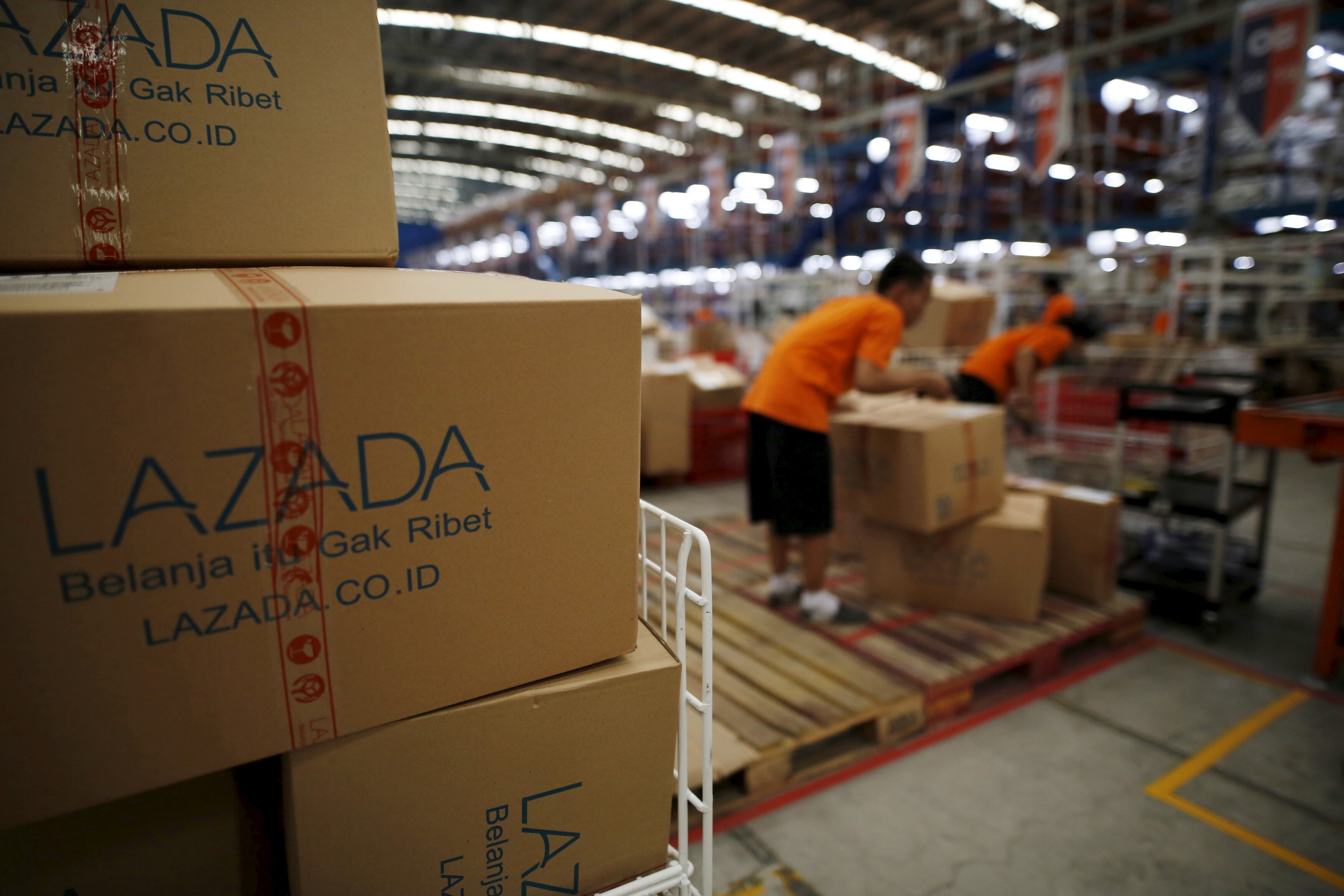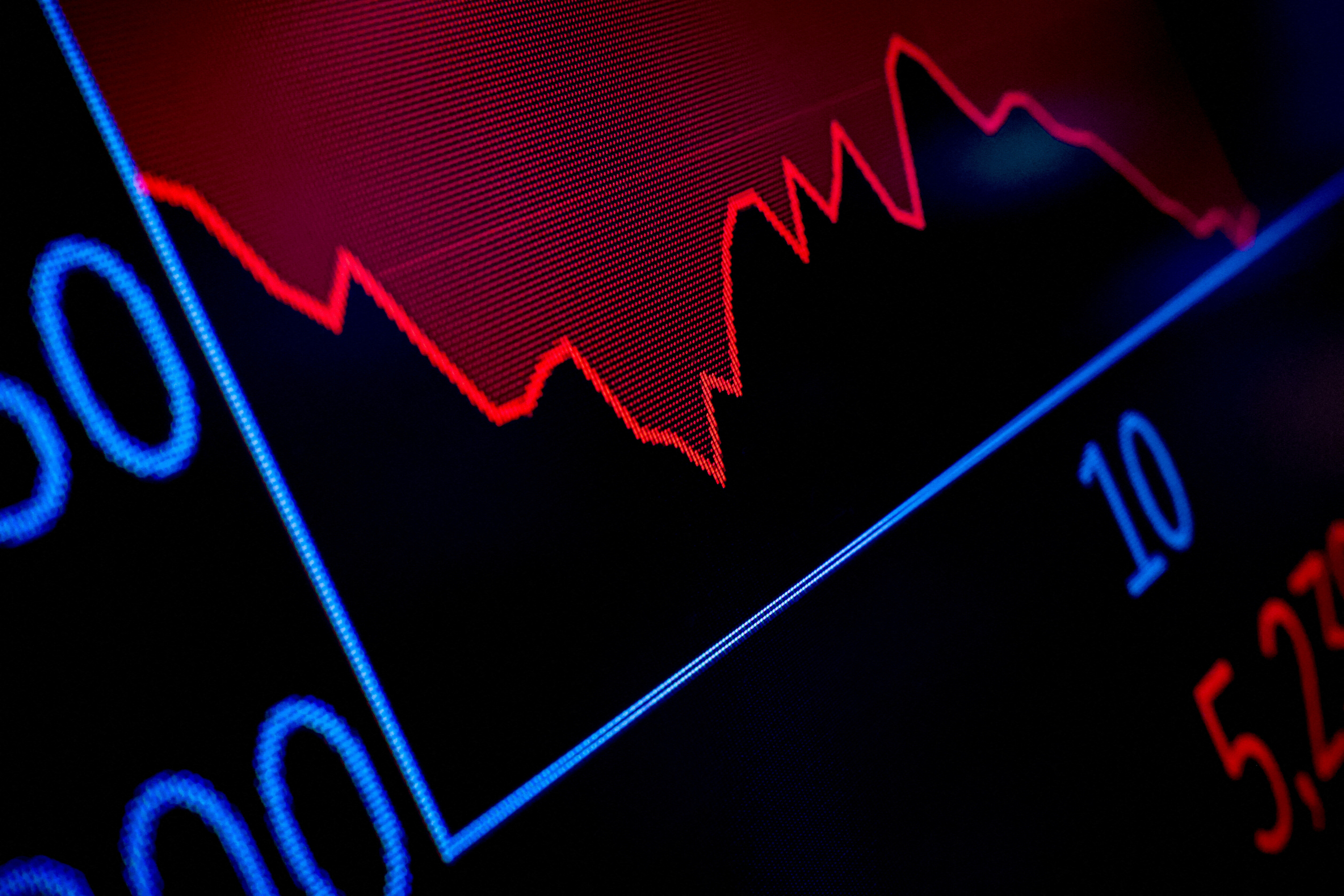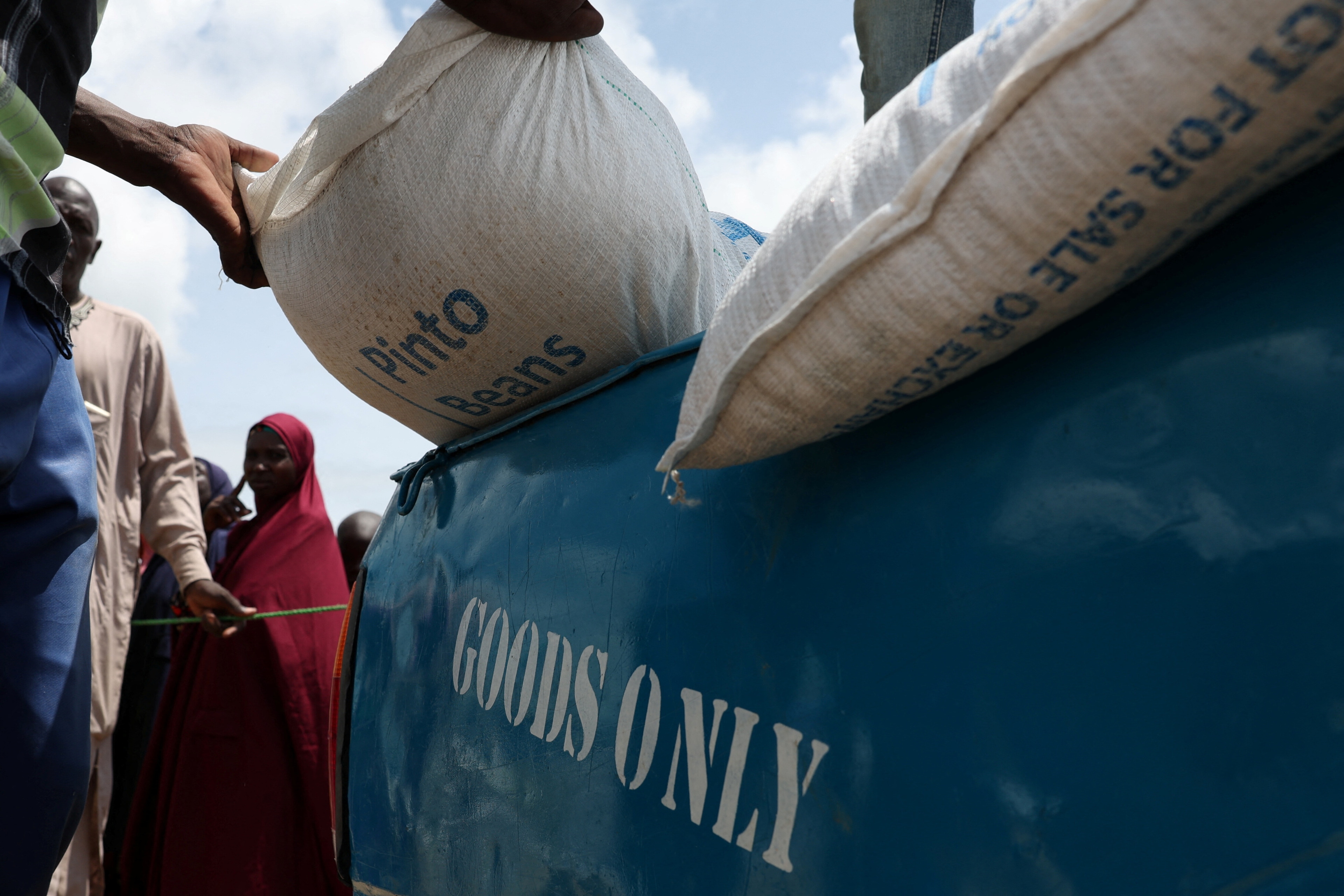What to expect from the next WTO Conference

A preview of the upcoming WTO conference. Image: REUTERS/Denis Balibouse
Kimberley Botwright
Deputy Head of CRTG, Head of Responsible Trade & Governance, World Economic ForumListen to the article
This article was previously published on 24 November 2021.
- The World Trade Organization's 12th Ministerial Conference (MC12) was to take place 30 November to 3 December 2021 but has been postponed indefinitely due to COVID-19 travel restrictions
- MC12 will provide a forum for WTO members to ensure trade rules are relevant to today's challenges.
- There are several multilateral and plurilateral trade discussions to watch.
Trade ministers from 164 member economies of the World Trade Organization (WTO), representing 98% of global trade, were expected to meet for the WTO's 12th Ministerial (MC12) in Geneva for the first time in four years. However, the meeting has been indefinitely postponed due to new travel restrictions that would prevent ministers from travelling to Switzerland. Delegations in Geneva have been urged to continue to work towards consensus on various issues explained below.
What is the WTO Conference (MC12) – and why does it matter?
The WTO is an inter-governmental organization for negotiating trade agreements, settling trade disputes, monitoring trade policies and delivering technical assistance on trade to developing countries. The Ministerial Conference is the highest decisionmaking body of the WTO.
Trade ministers generally meet at the Ministerial Conference every two years, but MC12 has been postponed due to COVID-19 and will be the first since the appointment of the new WTO Director-General Dr. Ngozi Okonjo-Iweala.
The pressure is on for governments to agree on outcomes. Trade and investment are strong drivers of economic growth and development and have important roles in the global recovery. Merchandise trade has now stabilised at pre-pandemic levels and services trade continues to recover, though global supply chains are logjammed. Trade also played an important role during the pandemic, supporting development, production and distribution of personal protective equipment, vaccines and therapeutics.

Yet governments are divided on how to update trade rules to ensure they are relevant to current challenges, from COVID-19 and digital commerce to climate change, food security and fair competition. These differences play out in negotiations happening in different tracks. Some are “multilateral”, meaning all members are involved, and others are “plurilateral”, meaning some countries move forward based on common interests.
Have you read?
While there is more likely to be success in the plurilateral arenas, some issues need multilateral consensus to deliver tangible progress. Many experts consider multilateral outcomes on trade and health, agriculture trade and harmful fisheries subsidies – the latter mandated by the Sustainable Development Goals – essential to demonstrate relevance and responsiveness, but consensus could prove elusive.
So, what will happen at the WTO Conference?
WTO members have been engaging in dialogue in preparation for MC12, and some negotiations will continue into the conference. Here are a few issues to watch.
MC12 Multilateral Discussions
Vaccines and other critical supplies
Negotiations are ongoing for a trade policy response to the pandemic, potentially addressing vaccine distribution, export restrictions, trade facilitation and improved transparency in medical supply chains. Temporary intellectual property (IP) waivers have been debated. IP waivers fall under trade talks because the WTO has an agreement requiring countries to adopt and enforce these rules domestically.
Saving fish stocks
Around 34% of global fish stocks are overfished compared with 10% in 1974. Negotiations have been ongoing since 2001 to eliminate harmful fishing subsidies. A revised text is being discussed ahead of MC12, though challenges remain on different obligations for developed versus developing countries as well as exceptions for developing countries representing a minor share of global fish catch.
Food fights
Countries have long debated agricultural trade rule reform. Developing countries are keen to see a permanent solution preventing challenges to government food purchase programmes when these breach certain trade-distorting limits. Some countries are also pushing to reduce farming subsidies and some for new market access talks. Outcomes here may be limited, but a deal exempting World Food Programme purchases from producer countries’ food export restrictions is expected.
Electronic tariffs
A temporary prohibition on customs duties on electronic transmissions, so far always extended at Ministerial Conferences, is up for debate again. Supporters of the duties ban say that it will encourage digital commerce, while those against say governments are missing out on revenue and harming local digital services providers.
MC12 Plurilateral Discussions
Services trade
In a significant development, 65 WTO members, accounting of 90% of global services trade, have agreed to cut red tape in the way they regulate services. The Reference Paper on Services Domestic Regulation includes commitments to streamline licensing and qualification processes and technical standards affecting services trade. Its implementation could result in $140 billion in cost savings per year in G20 economies, with small businesses benefiting from an additional 2-3% cost reduction compared to large firms.
Sustainable trade
In another major move, three sustainable trade coalitions will be launched. In one on environmental sustainability, 53 WTO members – including the US, EU and China – pledge to identify concrete actions to boost sustainable trade and launch dedicated discussions on trade-related climate measures. Another initiative by 40-plus countries pledges to phase out fossil fuel subsidies, while nearly 60 countries will look at ways trade rules can tackle plastic pollution.
Boosting investment
Negotiations on an agreement to facilitate investment for development began in September 2020 and now involve over 100 WTO members. These talks are looking at issues like streamlining the administrative procedures to make an investment in a country. A draft deal will be presented to participating ministers at MC12, who are expected to mandate conclusion of negotiations by the end of 2022.
Going digital
Talks on digital trade continue among 86 WTO members, with text finalized on spam, e-signatures, e-contracts, consumer protection and open government data, as well as encouraging signs that countries will align on open internet access and paperless trading.
Helping small businesses
A draft declaration by 64 WTO Members looks to improve information collection, trade processes, access to finance and payments for micro, small and medium-sized enterprises (MSMEs). A new platform will be launched to provide MSMEs with trade-related information. The group has worked over the past four years to make it easier for small business to trade internationally.
Addressing gender inequalities
Another group of 89 WTO members will issue a joint declaration on improving gender-disaggregated data for better trade policymaking and ensuring gender-mainstreaming in the WTO’s development work. A two-year work programme will follow MC12.
What is the World Economic Forum doing on trade facilitation?
Don't miss any update on this topic
Create a free account and access your personalized content collection with our latest publications and analyses.
License and Republishing
World Economic Forum articles may be republished in accordance with the Creative Commons Attribution-NonCommercial-NoDerivatives 4.0 International Public License, and in accordance with our Terms of Use.
The views expressed in this article are those of the author alone and not the World Economic Forum.
Stay up to date:
Trade
Forum Stories newsletter
Bringing you weekly curated insights and analysis on the global issues that matter.







